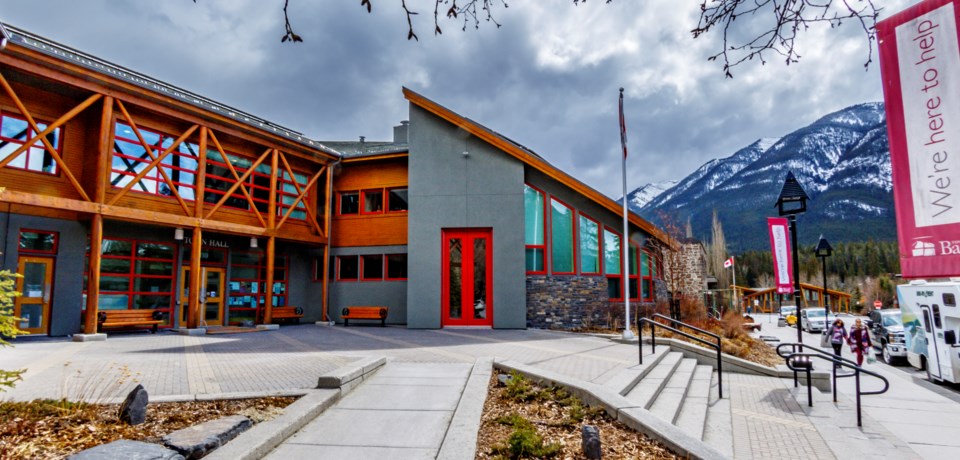BANFF – As Banff and Lake Louise emerge as the No. 1 COVID-19 hotspot in Alberta and the province remains in a deep freeze, the Town of Banff has cancelled all New Year’s Eve events for Friday (Dec. 31).
Banff and Lake Louise hit 131 active cases by Wednesday (Dec. 29), up from zero approximately two weeks ago. The active case rate per 100,000 is 974.
Town of Banff officials say the celebrations have been cancelled due to extreme cold and increased risk of COVID transmission, adding a high forecast of -20C and any wind chill will create a risk to the safety of performers, volunteers, residents and visitors.
“Even though the event was designed to provide more space for participants and protocols made the outdoors event a COVID-safe experience, the rapid rise in infection with the omicron variant of COVID-19 and evolving science about the transmission has resulted in a decision to cancel all indoor and outdoor NYE events out of an abundance of caution,” states the Town of Banff.
“We are optimistic that the New Year promises a transition away from the impact of the pandemic due to the increase in immunization. But we need to get past the ‘fifth wave’.”
Since the COVID-19 pandemic began, there have been 1,267 cases recorded in the Banff and Lake Louise region. There has been one death and 1,135 recoveries.
As of Wednesday, there were 17,396 active cases province-wide. There were 349 people in hospital, including 57 in intensive care. The province’s death toll from the virus reached 3,310.
The province’s positivity rate over the previous five days has ranged from around 17 per cent to 22 per cent.
Dr. Deena Hinshaw, Alberta’s chief medical officer of health, said the province has never before had a higher positivity rate than just over 13 per cent in any of the previous COVID-19 waves, adding this is one more data point that reinforces that Omicron is different from anything seen before.
“In Calgary and Edmonton, about one out of every three people going for tests is testing positive,” she said during her Dec. 28 briefing.
“That is why anyone who feels ill at this point should stay home and away from others until they are feeling better.”
The numbers do not take into account those who have not been tested or those who may have tested positive on a rapid antigen test and are following provincial guidance to free up PCR capacity for others by not going for confirmation.
“Despite this spike in new cases, our hospitalizations are remaining relatively stable at this time,” said Hinshaw.
“However, from previous waves, we know that hospitalizations are a lagging indicator, and that today’s cases will take time to reflect in any acute care numbers.”
In the fourth COVID-19 wave with Delta, Hinshaw said the province did not see a steep increase in ICU admissions until about a month after the cases began to climb sharply.
“What this means is we will not know the impact that Omicron will have on our acute care system until later in January, but the trajectory for that is being set right now,” she said.
“We will likely see our hospitalizations rise in the coming weeks due to the exponential growth of the Omicron variant in our province. While it seems from other countries that have had more time with Omicron that there is a reduction in severity, the degree to which this happens is not yet clear.”
Even if it causes a lower risk of serious illness for an individual to be infected with Omicron, Hinshaw said there could still be a significant impact on Alberta’s hospital system due to the substantial rise in cases.
“The problem is we simply don’t know. And our opportunity to slow case growth is right now,” she said.
Everyone is urged to follow COVID safety protocols: reduce the number of close contacts, avoid large gatherings, wear masks indoors, and stay home if you feel sick.
“I want to be clear that if someone has symptoms like a cough, runny nose, sore throat or fever, they should stay home and away from others,” said Hinshaw.
"At this point with the transmission we are seeing in the province, these symptoms create a high likelihood of COVID-19.”




